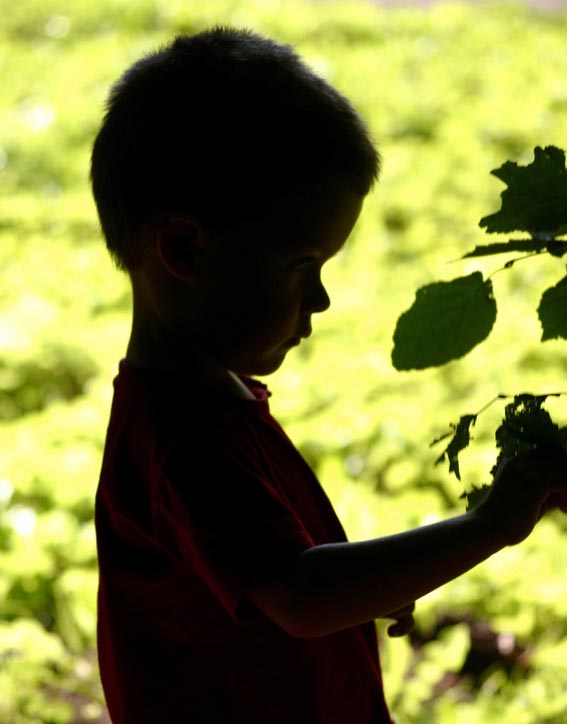
Although discipline and punishment are commonly perceived as synonymous, there’s a difference between the two terms: while discipline focuses on changing behaviour, punishment is defined as “suffering, pain, or loss that serves as retribution” or as “severe, rough or disastrous treatment”.
Much evidence suggests that punitive environments (those in which corporal and harsh verbal punishment are common) are not effective for learning.
One study found that punitive environments led to unhappy children with low self confidence and lower social and academic competence.
In her book The Cycle of Violence, Suzanne Steinmetz shows how children raised in punitive environments are more likely to turn to physical aggression and anti-social behaviour. Punitive environments have also been shown to negatively impact child development.
Finding the right balance when it comes to discipline can be tricky, especially because there is no one-size-fits-all approach. However, being mindful about your discipline approach can make it easier to more clearly distinguish between discipline and punishment.
Mindful discipline is about
• Being fully conscious of how and why you discipline your child.
• Directing your discipline strategy towards the behaviour you’re attempting to change
• Teaching your child to distinguish between appropriate and inappropriate behaviour
Developing a Mindful Discipline Approach
1) Set clear limits.
Setting clear limits means clearly defining your expectations and letting your child know what is appropriate and inappropriate behaviour. It also means being clear on the consequences of inappropriate behaviour:
• “If you don’t tidy up when you’re done playing, you won’t be able to play with your toys until…”
• “If you don’t eat something now [lunch time], there will be no snacks until 4”.
2) Prioritise.
Kids will be kids and that’s something we often forget. You can’t make everything a discipline issue.
What are your priorities when it comes to acceptable behaviour? What are your non-negotiables? What can you be flexible about?
Effective discipline means focusing on the behaviour you’re trying to change.
Safety is a priority in our house which means if one of our children intentionally puts him/herself in danger, hurts someone or tortures animals, he/she gets punished.
Choose your non-negotiable priorities and be willing to let the less-important issues slide.
3) Be consistent.
Limits can only work if you are 100% consistent so choose your limits and consequences carefully. When you say “I’m counting to three and then…” be sure you both know what happens when you get to three.
Punish EVERY TIME your child goes against one of your priority limits. If you say “no between-meals snacks” fight against the urge to give your child “a little slice of bread because he/she didn’t eat lunch and must be starving”.
Inconsistency sends mixed signals to your child and is ineffective in changing the targeted misbehaviour.
4) Get to the root of things.
Misbehaviour can be the result of underlying issues that need to be addressed. Why is your child acting out? Is he having a bad day? Is he tired, stressed, scared? Be democratic – talk and listen before you choose your course of action.
5) Choose your discipline style wisely.
When choosing your discipline style, keep your child and the context in mind. Even within the same family, the same discipline style may have a different impact on siblings.
6) Be in control.
I know that I’m more likely to snap and “react badly” in the evening because that’s when I’m tired and stressed. I’ve learnt to disconnect from the situation when I feel myself losing control – I leave the room for a few minutes and mentally disconnect by shifting my attention to something else. You can’t effectively handle misbehaviour by getting to your child’s level.
Being angry and letting your child see your anger is normal and can even be healthy if you react to your anger in an appropriate way.
Create an “anger emergency kit” that works for you – breathing exercises, affirmations, time-outs – anything to help you keep your cool. Leave me a comment below and let me know which strategies have worked for you so far.
6) It works, if you work it.
Mindful discipline is about focusing on the behaviour you want to change and on your long-term goals.
• What kind of adult do you want your child to be?
• What kind of values are you trying to inculcate?
• How do you define a “well-behaved adult?”
Changing behaviour has never been an easy task. It requires both effort and courage. Don’t give up. Keep your eye on the prize!



























